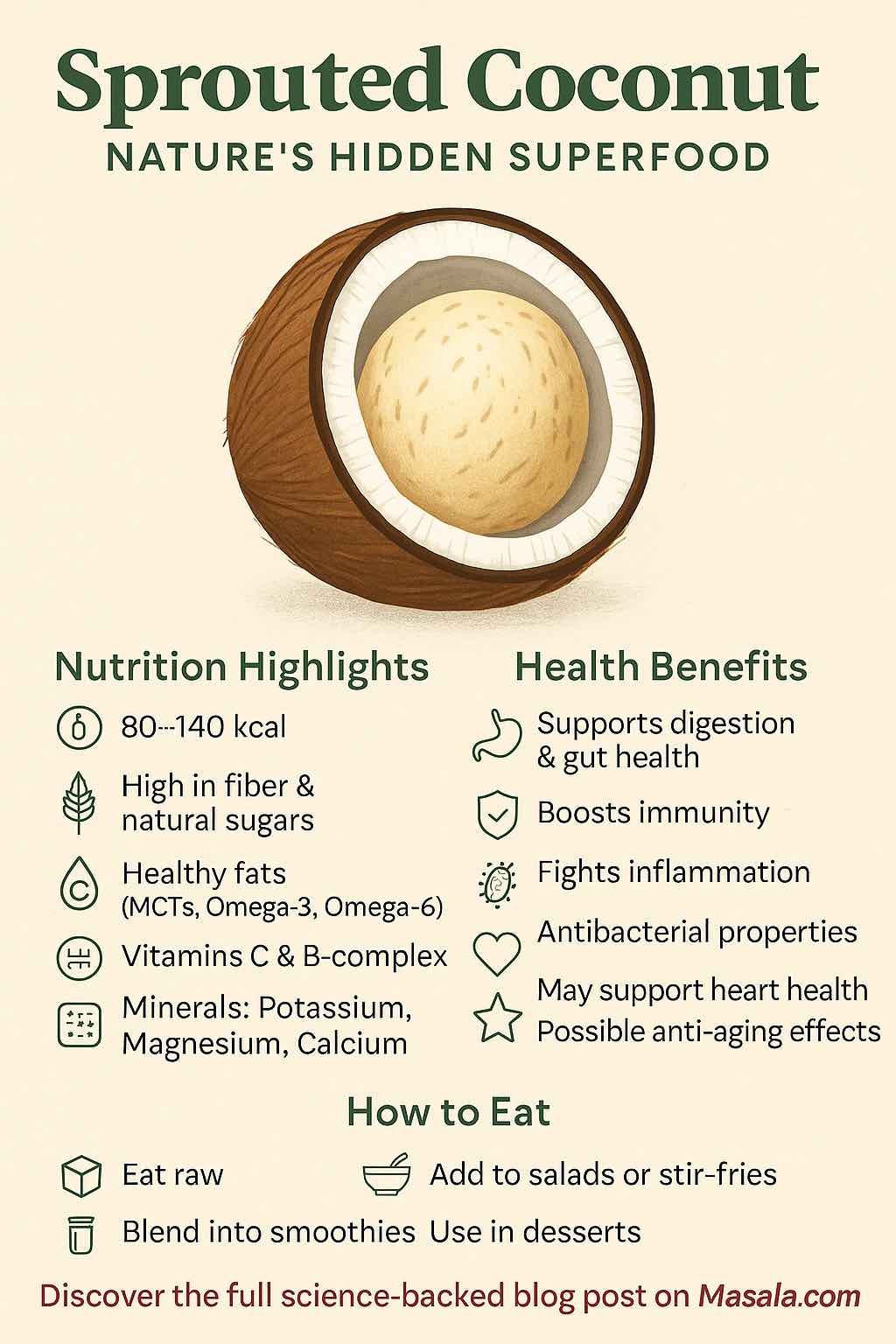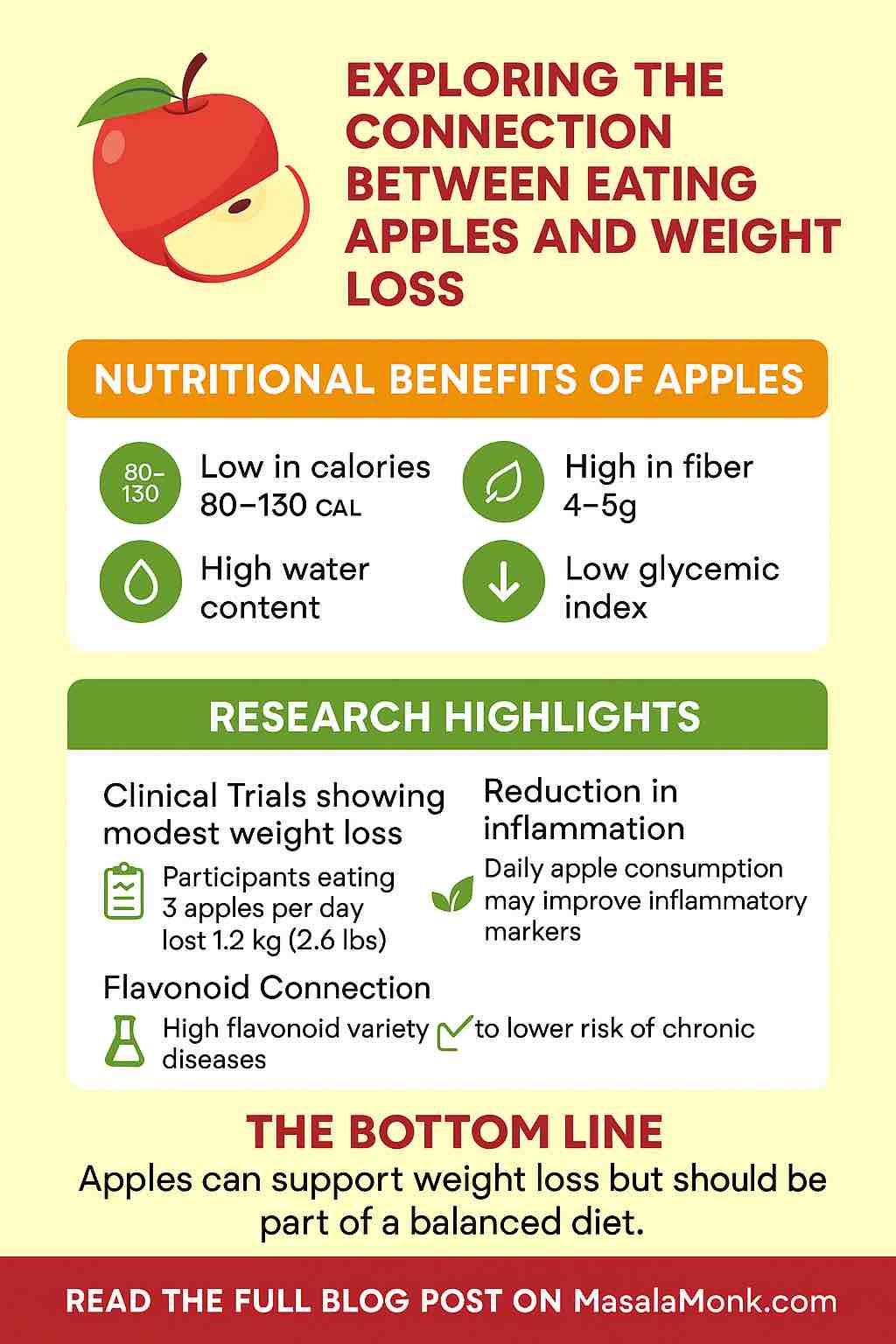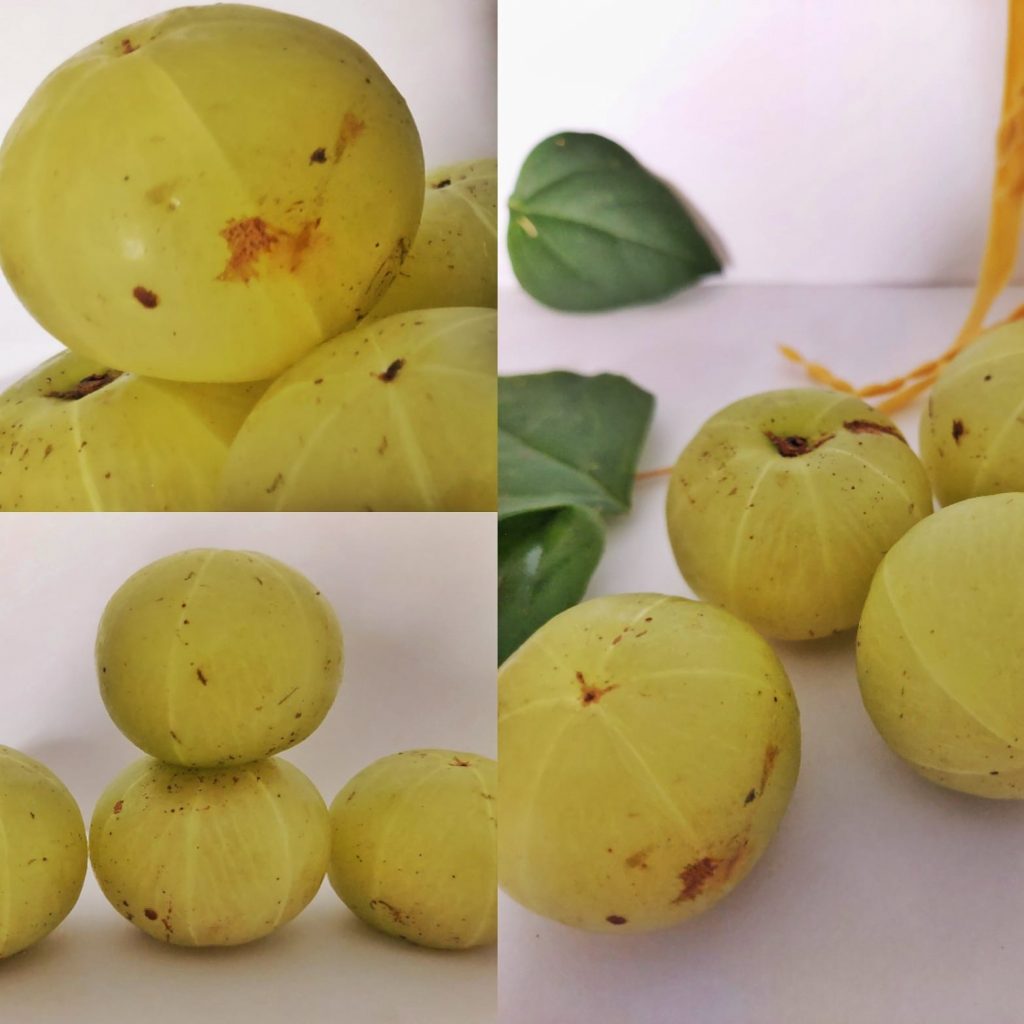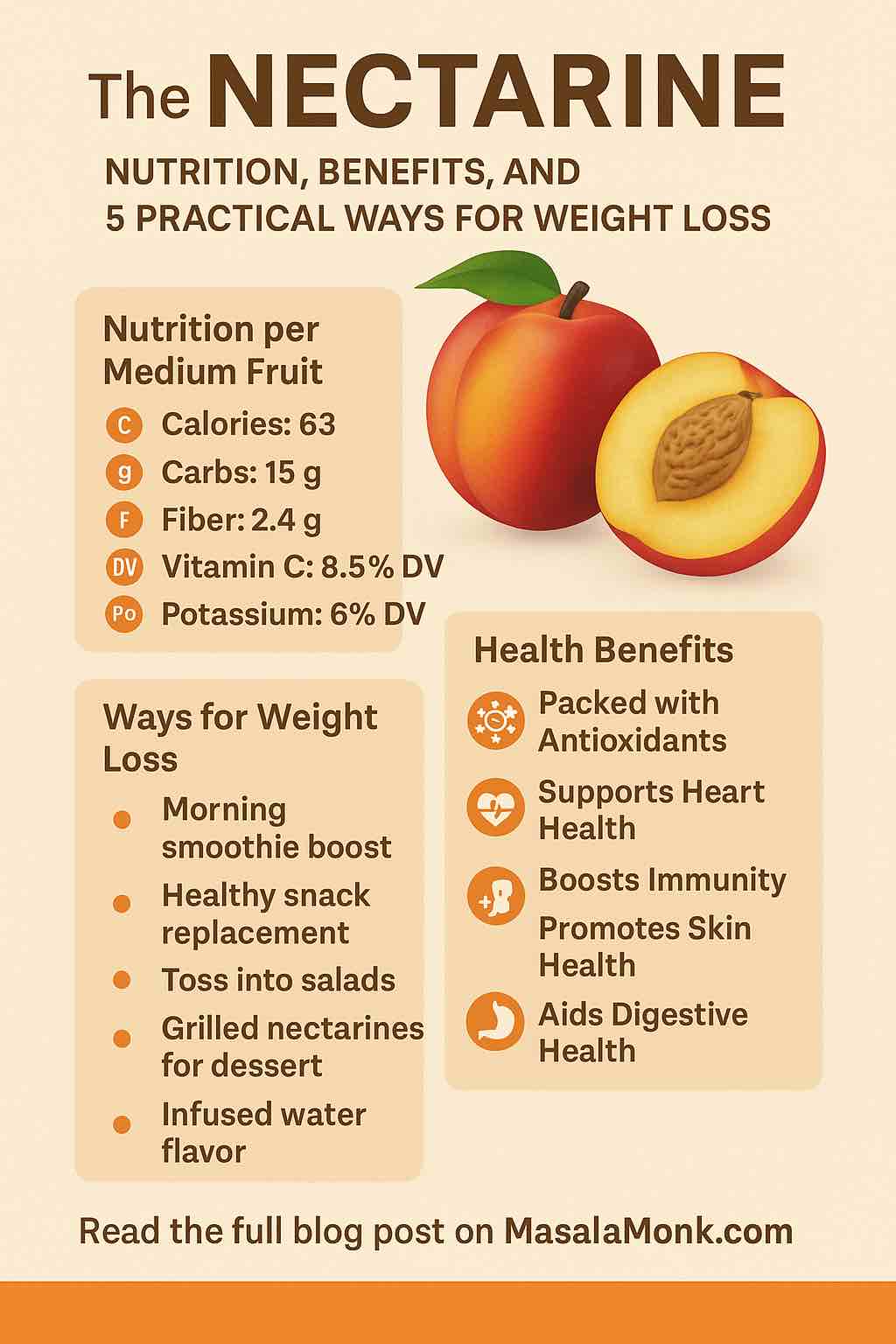
When we think of coconuts, our minds usually jump to coconut water, oil, or that delicious white flesh inside. But deep inside some mature coconuts lies a lesser-known gem: the sprouted coconut, often called coconut apple or coconut haustorium. Though it’s rarely found on store shelves, this fascinating food has been cherished in tropical regions for generations.
In this post, we’ll explore what sprouted coconut is, its unique nutritional profile, health benefits, scientific research, traditional uses, risks, and emerging future potential.
🌱 What Exactly Is Sprouted Coconut?
Sprouted coconut forms during the germination phase of a mature coconut. As the seed prepares to grow into a new coconut palm, it draws nutrients from the coconut water and endosperm to form a spongy, orb-shaped mass called the haustorium.
- Texture: Airy, spongy, slightly crunchy
- Taste: Mildly sweet, nutty, almost like a cross between cotton candy and sponge cake
- Development time: 1–4 months after the coconut falls
Found predominantly in regions like India, the Philippines, Sri Lanka, Southeast Asia, and the Pacific Islands, it has long been a fresh treat eaten straight from the shell.
🧪 Nutritional Powerhouse: The Composition of Sprouted Coconut
Unlike regular coconut meat, the sprouted version offers a fascinating nutritional profile:
| Nutrient | Amount (approximate per 100g) | Key Benefits |
|---|---|---|
| Calories | 80–140 kcal | Energy |
| Carbohydrates | ~66% of dry weight (mainly sugars) | Quick energy |
| Fiber | 2–8 g | Digestive health, satiety |
| Protein | 1–7 g | Cellular repair, hormones |
| Fat | 6 g (with MCTs, omega-3 & omega-6) | Heart health, brain function |
| Vitamin C | ~8% RDI | Immunity, antioxidant |
| B Vitamins | B1, B2, B3, B5, B6, Folate | Energy metabolism |
| Minerals | Potassium, Magnesium, Calcium, Iron, Phosphorus, Zinc, Manganese, Copper | Bone, muscle, metabolic support |
Key Bioactive Compounds:
- Squalene
- Flavonoids
- Terpenoids
- Polyphenols
- Medium Chain Triglycerides (MCTs)
These compounds give sprouted coconut its rich functional health benefits that go far beyond basic nutrition.
🩺 Evidence-Based Health Benefits
Sprouted coconut is more than just a tasty snack — it’s packed with scientifically supported benefits.
1️⃣ Antioxidant & Anti-Inflammatory Powerhouse
- Laboratory studies demonstrate high DPPH and FRAP antioxidant scores, indicating free radical scavenging potential.
- Flavonoids, polyphenols, and squalene help reduce chronic inflammation, supporting cardiovascular, immune, and brain health.
- Antioxidants help protect against oxidative stress that accelerates aging and chronic diseases.
2️⃣ Potent Antimicrobial Properties
- Extracts show inhibitory action against harmful bacteria like Salmonella, Shigella, Klebsiella, and Helicobacter pylori.
- Molecular docking studies suggest compounds like squalene may bind bacterial proteins, potentially offering natural ulcer protection.
3️⃣ Digestive & Gut Health
- High fiber content aids regular bowel movements, supports gut flora, and may reduce risk of conditions like IBS and constipation.
- Traditional use includes treating acidity, gastritis, and indigestion in many cultures.
4️⃣ Heart & Metabolic Benefits
- MCTs and fiber help regulate blood cholesterol, potentially raising HDL (“good cholesterol”) and lowering LDL.
- Potassium contributes to healthy blood pressure regulation.
- Low glycemic index may support blood sugar balance, benefiting diabetics or those with metabolic syndrome.
5️⃣ Pregnancy & Women’s Health
- Community studies suggest consumption may support healthy blood pressure during pregnancy, likely due to potassium and antioxidant content.
- Its hormonal balancing effects may assist with menstrual regulation and potentially support thyroid health (though more research is needed).
6️⃣ Kidney, Skin, and Anti-Aging
- Traditional uses involve aiding kidney stone dissolution and urinary tract health.
- Antioxidants help maintain youthful skin, reduce wrinkles, and may strengthen hair.
📚 Traditional & Cultural Uses
- In Ayurveda, sprouted coconut is used as a cooling food for balancing pitta and soothing digestion.
- Pacific Islanders and Southeast Asians consume it for general vitality, kidney health, and energy.
- Often consumed raw, with honey, or in traditional desserts and salads.
🔬 What the Research Says (And What We Still Don’t Know)
| Benefit | Research Status | Key Takeaways |
|---|---|---|
| Antioxidant | In vitro, animal models | Strong evidence |
| Antimicrobial | In vitro, docking studies | Effective against multiple bacteria |
| Cardiovascular | Early animal models | Promising, needs human trials |
| Gastrointestinal | Traditional + small studies | Widely used, scientifically plausible |
| Pregnancy & BP | Education-based studies | Limited but encouraging |
| Kidney support | Traditional claims | Needs formal clinical evaluation |
Research Gaps:
- Human clinical trials are still scarce.
- Standardized dosage, long-term safety, and bioavailability studies are lacking.
- Future studies should explore its effects on cholesterol, glucose control, hormone balance, and pregnancy outcomes.
🍽 How to Eat Sprouted Coconut
Fresh sprouted coconut is best enjoyed raw, straight from the shell.
Culinary Ideas:
- Salads: Toss cubes into fruit or vegetable salads.
- Smoothies: Blend with tropical fruits for creamy texture.
- Stir-fries: Add chunks for a nutty crunch.
- Desserts: Use in puddings, parfaits, or ice cream.
- Vegan bun substitute: Slice thickly for use in plant-based burgers.
Storage Tip: Once cracked open, consume within 1–2 days and refrigerate to prevent spoilage.
⚠️ Safety Considerations
While generally safe and nutritious, some individuals should be cautious:
- Allergies: Rare, but possible for those allergic to tree nuts or coconut.
- Kidney Disease: High potassium content may pose risks.
- Overconsumption: Excessive intake could cause digestive upset or high calorie load.
- Pregnancy: Likely safe but consult healthcare providers before consuming in large quantities.
🌎 The Future of Sprouted Coconut: A Functional Food Rising
As scientific research slowly catches up to traditional wisdom, sprouted coconut shows enormous potential as:
- A functional food ingredient in health products.
- A natural alternative to processed snacks.
- A source of novel nutraceuticals targeting inflammation, cardiovascular, and gastrointestinal disorders.
With further clinical trials and standardization, sprouted coconut may join the ranks of globally recognized superfoods.
🔑 Final Thoughts
Sprouted coconut is an untapped nutritional treasure—rich in fiber, minerals, healthy fats, antioxidants, and bioactive compounds. From gut health to heart health, from immune support to anti-aging benefits, its potential seems vast. While scientific research is still developing, centuries of traditional use speak strongly in its favor.
If you ever find a mature coconut with this spongy treasure inside — savor it. You’re enjoying one of nature’s most unique and underappreciated gifts.
🔎 10 Frequently Asked Questions (FAQs) About Sprouted Coconut
1️⃣ What is sprouted coconut?
Sprouted coconut (also called coconut apple or haustorium) is the spongy, sweet mass that forms inside a germinating mature coconut. It develops as the coconut prepares to grow into a new tree, feeding on the water and meat inside the shell.
2️⃣ Is sprouted coconut safe to eat?
Yes, for most people it is completely safe when eaten fresh and in moderation. However, those with coconut allergies, kidney problems (due to potassium), or certain metabolic conditions should consult a healthcare provider before consuming it regularly.
3️⃣ What does sprouted coconut taste like?
It has a mildly sweet, nutty taste with a unique airy, spongy, slightly crunchy texture — somewhat like a soft, sweet cake or cotton candy.
4️⃣ What are the main health benefits of sprouted coconut?
Sprouted coconut offers multiple benefits: antioxidant support, anti-inflammatory effects, antimicrobial activity, gut health support (due to fiber), cardiovascular support (due to MCTs and potassium), and traditional uses for digestive health and kidney support.
5️⃣ Does sprouted coconut help with weight loss?
Its fiber content can promote satiety and improve digestion, while MCTs may help boost metabolism slightly. However, like any food, it should be part of a balanced diet rather than a sole weight loss solution.
6️⃣ Can diabetics eat sprouted coconut?
Yes, in moderation. Its low glycemic index and fiber may help regulate blood sugar. However, because it does contain natural sugars, portion control is important, and diabetics should monitor their blood glucose response.
7️⃣ Is sprouted coconut good for the heart?
Potentially yes. The potassium helps regulate blood pressure, while MCTs and antioxidants may contribute to better cholesterol levels and overall cardiovascular health. More human research is still needed.
8️⃣ How do you store sprouted coconut?
Once cracked open, sprouted coconut should be stored in the refrigerator and consumed within 1–2 days to maintain freshness and prevent spoilage.
9️⃣ Is sprouted coconut available commercially?
In most places, sprouted coconut is not widely sold in stores due to its short shelf life. It’s typically found fresh in tropical regions or local markets where coconuts are harvested.
🔟 Can pregnant women eat sprouted coconut?
Generally, yes — sprouted coconut provides minerals like potassium and magnesium that can benefit pregnant women. Some studies suggest benefits for managing blood pressure during pregnancy. However, pregnant women should consult their healthcare provider before consuming large amounts.














